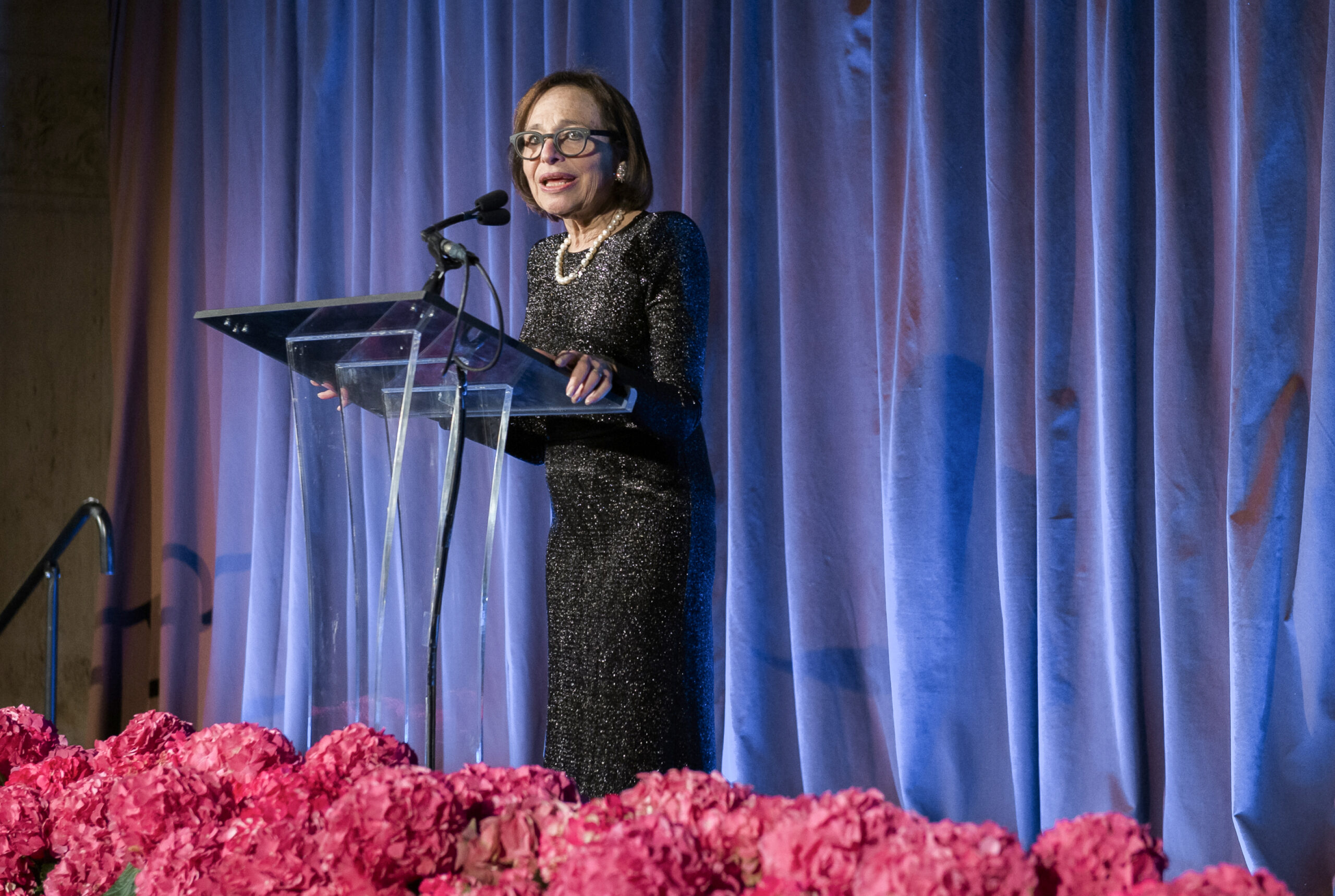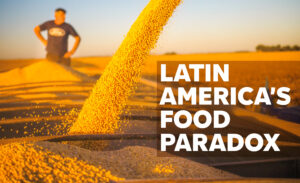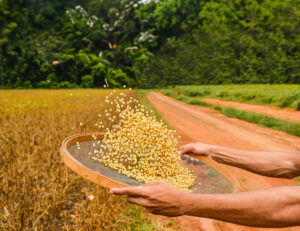This article is adapted from AQ’s special report on food security in Latin America
Many believe that Latin America can feed the world. It is increasingly an agricultural powerhouse and a huge producer and exporter of food. It is also on the cutting edge of “ag tech,” which is critical to the planet’s future.
However, the continent is also home to very serious food insecurity. There are millions who experience moderate or severe food insecurity, but even worse, over 43 million people in Latin America and the Caribbean suffer from extreme hunger, according to the UN World Food Programme (WFP).
Food insecurity is often the result of severe poverty, which is driven by poor economic and social policies—but it can also result from political instability and repression.
Let us take Venezuela as an example of a rich country driven to poverty by its repression and anti-democratic leaders. Prior to 2000, Venezuela was self-sufficient in several staples, such as white corn, fruits, vegetables, coffee, cocoa and rice. Additionally, its farmers produced 70% of the country’s sugar and 80% of its beef and chicken.
Today, the picture couldn’t be more different. Some 8 million people have emigrated, often due to severe food insecurity and overall poverty. According to the WFP, the country is also home to 2.3 million people who suffer from severe food insecurity and are in need of assistance to survive.
So how do we reduce food insecurity in Latin America? First, good economic policies that promote growth and inclusion and create employment. But the most vulnerable also need to be protected. The region would benefit from more nutrition assistance programs and school meals for children so they can learn and create better lives for themselves.
We must also realize we are all connected. Bad government policy and internal conflicts in one country create migration, which can lead to more poverty and food insecurity throughout the hemisphere.
To change this reality will require leadership across the Americas—and a realization that reducing food insecurity and poverty will make us all more secure.









